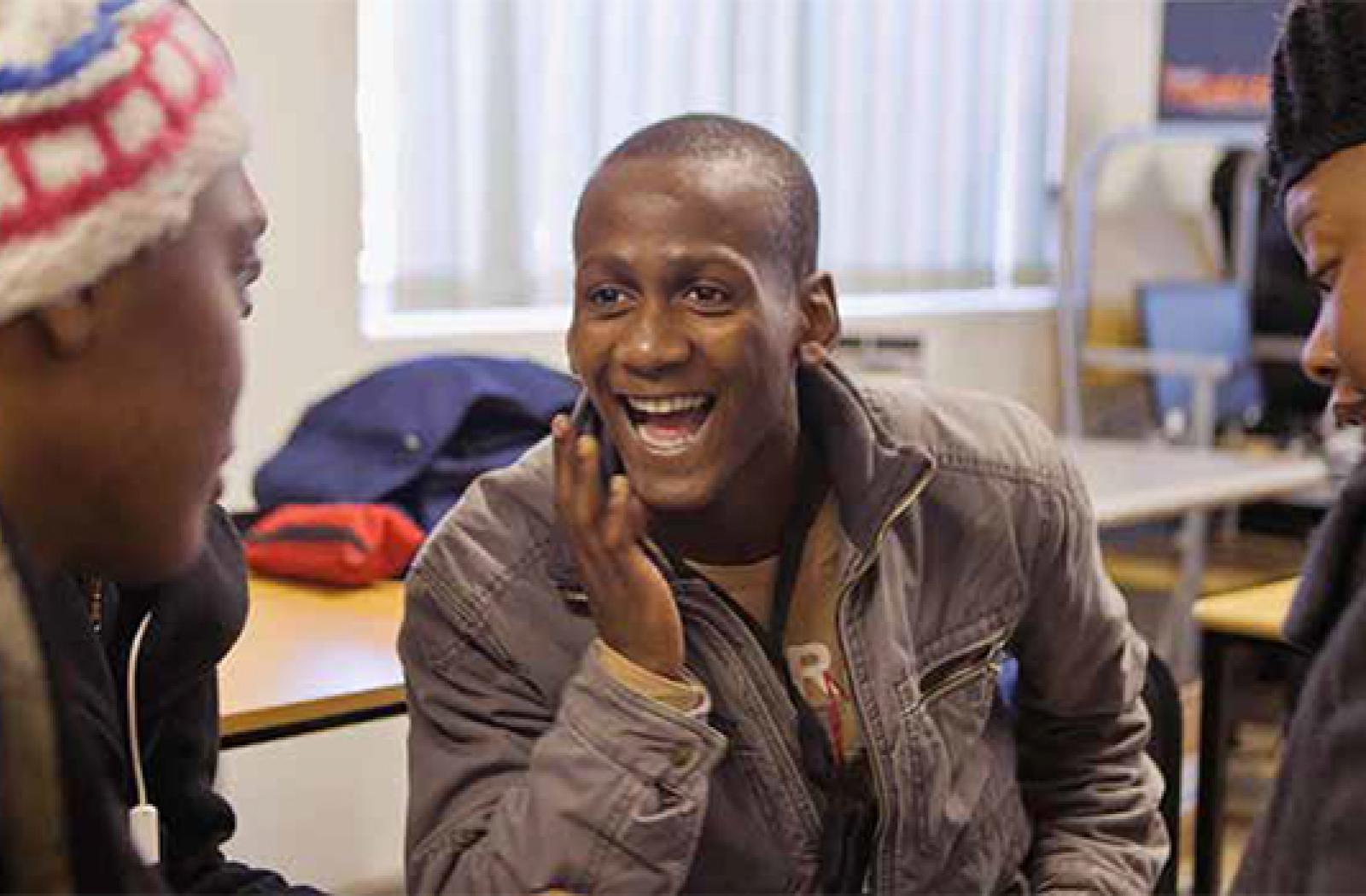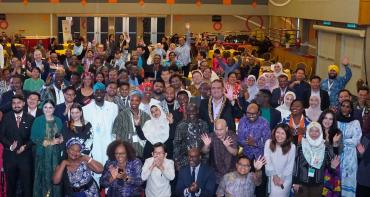Governments should do more to support youth workers by promoting their professional recognition, education and training, according to a new report by the Commonwealth Secretariat.

Governments should do more to support youth workers by promoting their professional recognition, education and training, according to a new report by the Commonwealth Secretariat.
The study of the status of youth work in Asia, Africa, the Caribbean and Americas, Europe and the Pacific shows that only a third of countries sampled have introduced national-level policies that regulate, protect and promote youth work as a distinct profession.
This is despite a significant youth bulge in many countries, and a global development context in which young people still face disproportionately challenging life circumstances.
The report, ‘Youth Work in the Commonwealth: A Growth Profession’, aims to establish a baseline to measure progress, to share best practices and to encourage greater investment in a sector which is largely composed of volunteers, many of whom work at youth clubs, charities and faith-based organisations.
While the study of 35 countries provides evidence of major advancements in the recognition of youth work in several countries, it found that only 34 percent of those sampled (12 in total) have taken significant steps to professionalise the youth work sector.
However, reflecting the growing popularity of youth work among educational institutions, 71 percent of countries (25 in total) today offer a diploma-level qualification. This indicates that, although the sector is lacking official recognition, it remains a career of choice for many students.
The authors of the 270-page report conclude that greater investment is needed to upskill and support youth workers. Among the report’s recommendations is a call for youth work to be given the credential of a public sector profession and for relevant qualifications to be registered by national authorities.
Katherine Ellis, Director of Youth at the Commonwealth Secretariat, said: "Youth workers have an essential but often under-recognised and under-resourced role in engaging and supporting young people to be positive and productive citizens who contribute to national peace and prosperity.
"This study is encouraging in its demonstration of significant steps taken in the recognition of the profession in some member states. However, in some contexts, advances in policy statements are often still to be translated to practice, and, in others, existing good practice could be amplified and replicated through distinct policies.”
The study was launched on the opening day of the 9th Commonwealth Youth Ministers Meeting in Uganda, which brings together over 200 delegates - ministers and senior officials from more than 30 countries, as well as young people, youth workers and donor organisations.
In her address to the opening of the Stakeholders Forum at the Commonwealth Youth Ministers Meeting, Secretary-General Patricia Scotland warned of the lack of appropriate legal and regulatory frameworks on youth work. "Despite the potential of youth development, and the recognition of young people’s capacity and contributions, there remain significant challenges in how the sector is resourced, supported and financed at all levels," she said.
This study looked at the existence of specific policy commitments and legislative enactments on youth work. For example, Malta in 2014 brought in a Youth Work Profession Act through which the sector is given formal recognition and is regulated. The report also looked at the existence of associations of youth workers, the availability of qualifications, as well as recruitment and remuneration.
Dr Robyn Broadbent, Chair of the Commonwealth Alliance of Youth Worker Associations, said: "This study shines a light on the key challenges and opportunities in the youth work sector globally. The baseline will help to identify future priorities for the profession, including legislation and the provision of resources for education and workforce development."
The Commonwealth Secretariat supports governments to strengthen youth work policy and practice, as well as the education and training of youth workers. The Commonwealth Diploma in Youth Development Work, which was recently upgraded to a bachelor’s degree by the University of the West Indies, will soon be made universally available as an Open Education Resource through a consortium of higher education institutions.
Dharshini Seneviratne, Programme Manager at the Commonwealth Secretariat, and one of the report's principal authors, said: “Our objective is to help governments give clear legal status to youth work, support education pathways and help organise youth workers’ associations. These efforts will ensure the integrity and quality of youth work for the benefit of all young people.”
The countries covered in the study are Ghana, Kenya, Malawi, Nigeria, South Africa, Tanzania, Uganda, Zambia (Africa), Asia, Bangladesh, India, Maldives, Malaysia, Pakistan, Singapore, Sri Lanka (Asia), Barbados, Belize, Canada, Dominica, Guyana, Jamaica, Saint Lucia, Saint Vincent, Trinidad & Tobago (Caribbean and Americas), Cyprus, Malta, United Kingdom (Europe), Fiji, New Zealand, Papua New Guinea, Samoa, Solomon Islands, Tonga and Vanuatu (Pacific).
Find out more about the Commonwealth Secretariat’s initiatives to support youth work: thecommonwealth.org/youth-work
Follow news and updates from the 9th Commonwealth Youth Ministers Meeting: thecommonwealth.org/CYMM



